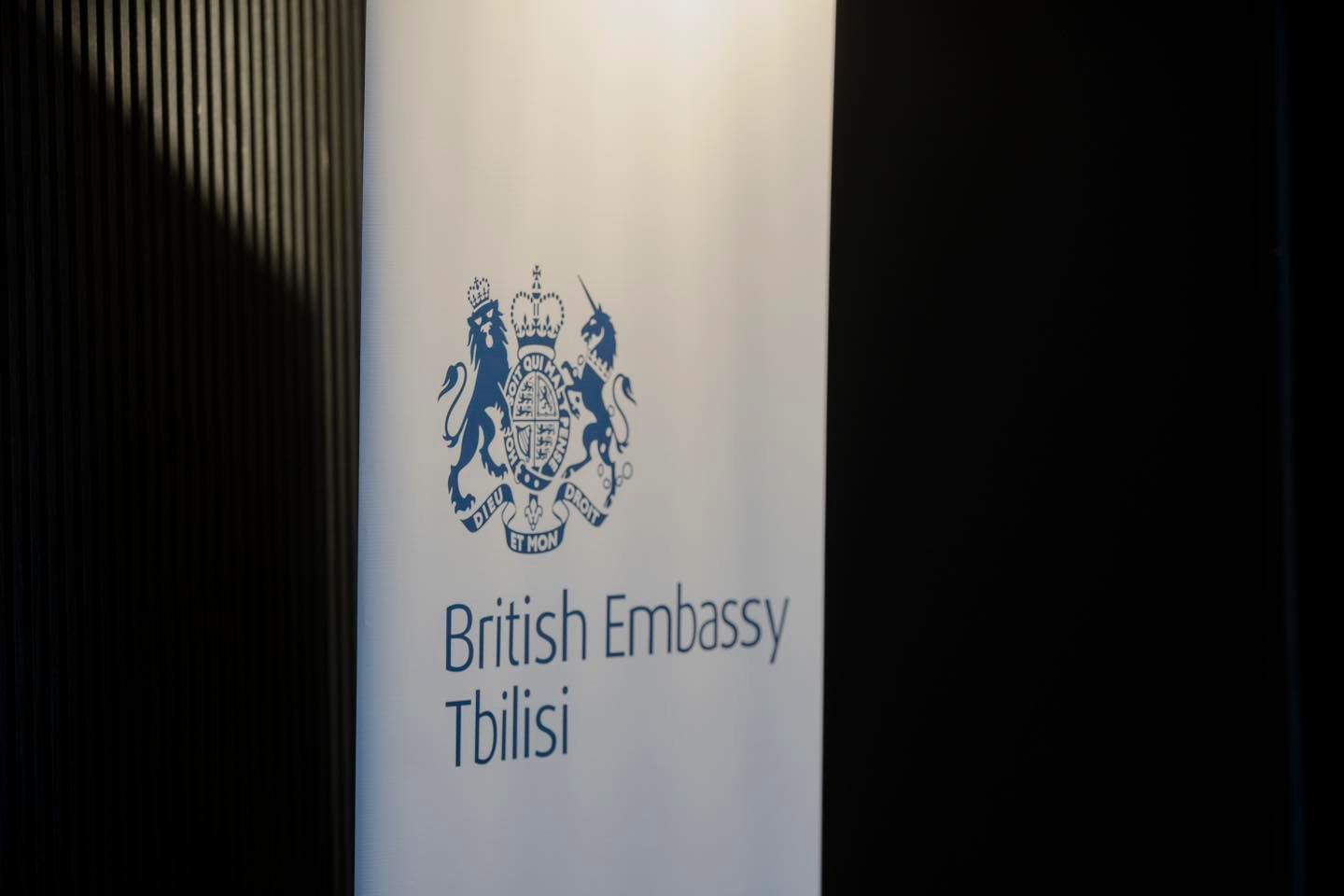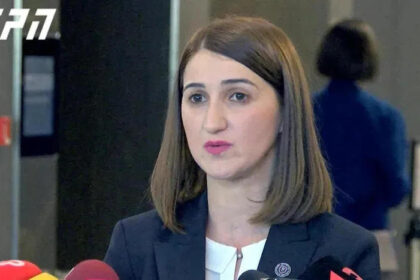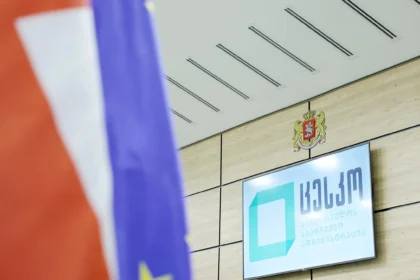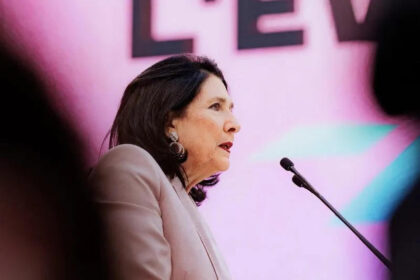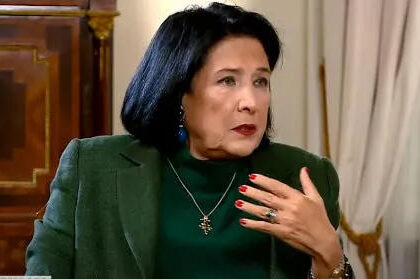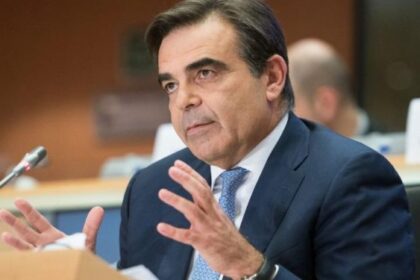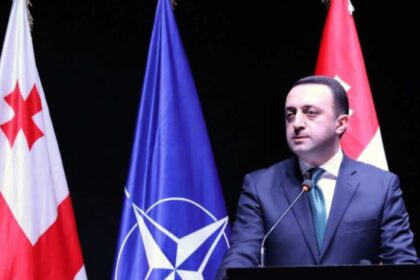**British Embassy Rejects Accusations of Funding “Extremism” in Georgia**
The British Embassy in Georgia has pushed back against claims from the ruling Georgian Dream (GD) government that it is funding “propaganda and extremism” through support of local civil society organizations, including pre-election initiatives. The Embassy’s statement on June 18 came after several GD members made similar accusations against the British Embassy.
**GD Accuses Britain of Funding “Extremism”**
The controversy began when Georgian Dream parliament speaker Shalva Papuashvili accused the British Embassy of planning to fund pre-election propaganda through grants that were later canceled. The grants, which were intended to support transparency and competitiveness in Georgia’s upcoming local elections, were canceled due to procedural uncertainty stemming from Georgia’s new law on grants.
**British Embassy Responds**
The British Embassy rejected the accusations, saying that its cooperation with Georgia is built on a joint commitment to strengthening democratic principles and supporting civil society. The Embassy noted that it has supported civil society in Georgia for many years, including election-related initiatives. “Nothing could be further from the truth,” the Embassy said.
**Call for ODIHR Election Observation**
The British Embassy also urged the Georgian government to invite the OSCE/ODIHR international election observation mission for the upcoming municipal elections and to take forward all recommendations in ODIHR’s final report on the 2024 parliamentary elections. The move is seen as a significant step towards ensuring the integrity of Georgia’s electoral process.
**GD Prime Minister Responds**
Speaking to reporters, Georgian Dream Prime Minister Irakli Kobakhidze claimed that the grants were intended for organizations “directly affiliated with the radical opposition,” naming Tabula and Georgia’s Future Academy. However, when asked whether the GD government would invite ODIHR observers for the upcoming local elections, Kobakhidze said it was not a common practice to do so.
**Background**
Georgia has been criticized in the past for not fully embracing international election observation missions, despite repeated calls from European institutions and civil society groups. The move by the British Embassy is seen as an attempt to push back against this trend and ensure that Georgia’s electoral process meets international standards.
In conclusion, the British Embassy’s statement is a significant development in the ongoing debate over Georgia’s electoral process. By rejecting accusations of funding “extremism” and calling for ODIHR election observation, the Embassy has sent a clear message that it will not tolerate attempts to undermine democratic principles in Georgia.
Read More @ civil.ge




